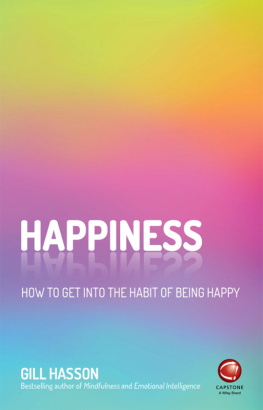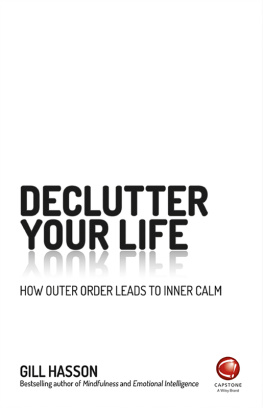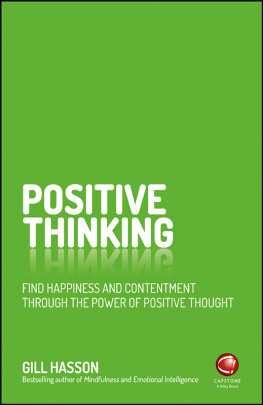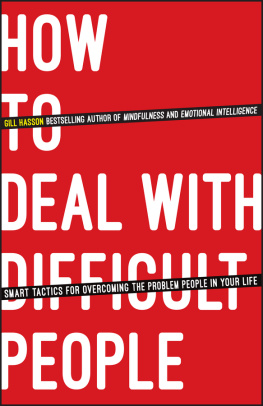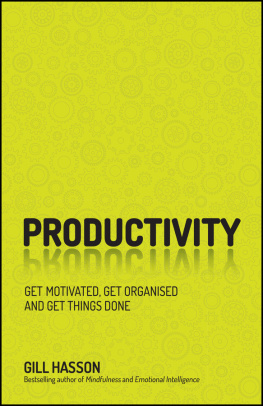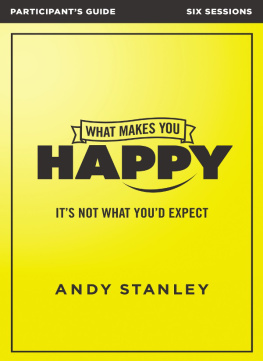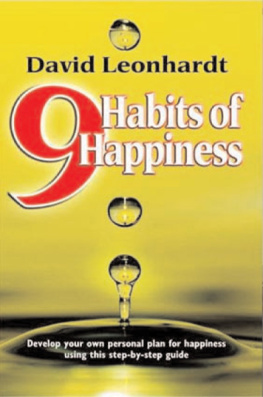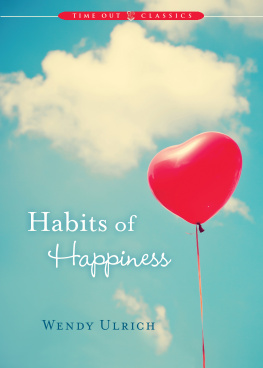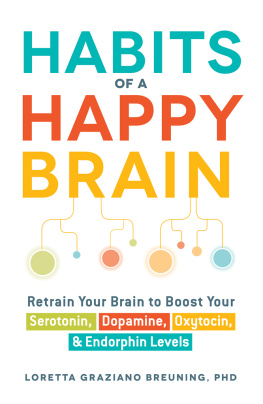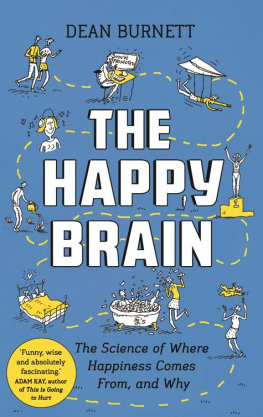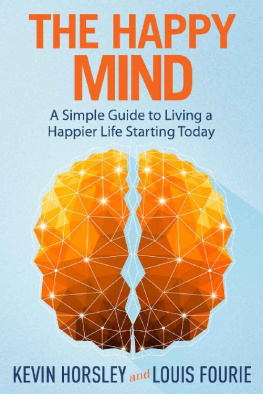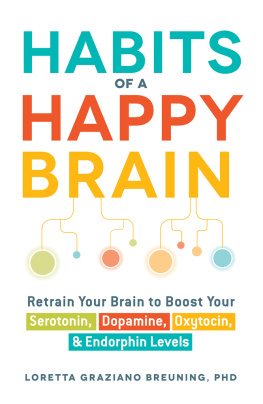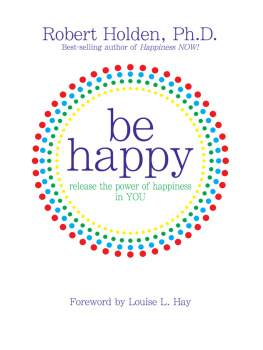
This edition first published 2018.
2018 Gill Hasson
Registered office
John Wiley & Sons Ltd, The Atrium, Southern Gate, Chichester, West Sussex, PO19 8SQ, United Kingdom
For details of our global editorial offices, for customer services and for information about how to apply for permission to reuse the copyright material in this book please see our website at www.wiley.com.
Gill Hasson has asserted her right under the Copyright, Designs and Patents Act, 1988, to be identified as the author of this Work.
All rights reserved. No part of this publication may be reproduced, stored in a retrieval system, or transmitted, in any form or by any means, electronic, mechanical, photocopying, recording or otherwise, except as permitted by the UK Copyright, Designs and Patents Act 1988, without the prior permission of the publisher.
Wiley publishes in a variety of print and electronic formats and by print-on-demand. Some material included with standard print versions of this book may not be included in e-books or in print-on-demand. If this book refers to media such as a CD or DVD that is not included in the version you purchased, you may download this material at http://booksupport.wiley.com. For more information about Wiley products, visit www.wiley.com.
Designations used by companies to distinguish their products are often claimed as trademarks. All brand names and product names used in this book are trade names, service marks, trademarks or registered trademarks of their respective owners. The publisher is not associated with any product or vendor mentioned in this book.
Limit of Liability/Disclaimer of Warranty: While the publisher and author have used their best efforts in preparing this book, they make no representations or warranties with respect to the accuracy or completeness of the contents of this book and specifically disclaim any implied warranties of merchantability or fitness for a particular purpose. It is sold on the understanding that the publisher is not engaged in rendering professional services and neither the publisher nor the author shall be liable for damages arising herefrom. If professional advice or other expert assistance is required, the services of a competent professional should be sought.
Library of Congress Cataloging-in-Publication Data
Names: Hasson, Gill, author.
Title: Happiness : how to get into the habit of being happy / Gill Hasson.
Description: Chichester, West Sussex, United Kingdom : John Wiley & Sons Ltd., 2018. | Includes index. |
Identifiers: LCCN 2018026832 (print) | ISBN 9780857087591 (pbk.)
Subjects: LCSH: Happiness.
Classification: LCC BF575.H27 H384 2018 (print) | DDC 158 dc23 LC record available at https://lccn.loc.gov/2018026832
A catalogue record for this book is available from the British Library.
ISBN 978-0-857-08759-1 (pbk)
ISBN 978-0-857-08762-1 (ebk)
ISBN 978-0-857-08756-0 (ebk)
Cover design: Wiley
Printed in Great Britain by TJ International Ltd, Padstow, Cornwall, UK
To Tom with love from Mum xx
Introduction
Folks are usually about as happy as they make their minds up to be.
Abraham Lincoln
We may all have different abilities, interests and lifestyles, goals, values, beliefs, and expectations, but theres one thing that we all have in common: we want to be happy.
How happy are you right now? How happy are you with your life in general, as a whole? Would you like to be happier? How much happier? Of course, its not really possible to measure happiness; theres no point system or way to measure the happiness flowing through your bloodstream. But we dont really need to be able to measure happiness in order to know whether were happy or not. And it seems that so many of us arent.
Levels of anxiety, stress, loneliness, and depression appear to have escalated in recent years. The mental health charity Mind reports that, in England, one in six people report experiencing a common mental health problem (such as anxiety or depression) in any given week. A survey of 2330 people in the UK carried out in 2014 by YouGov for The Mental Health Foundation revealed that almost one in five people feel anxious nearly all of the time or a lot of the time.
A survey carried out in the UK in 2017 for the Jo Cox Commission on Loneliness showed that almost three-quarters of older people in the UK are lonely but anyone who is socially isolated as a result of, for example, the loss of family and friends, unemployment, a disability, illness, or caring for others can also experience the unhappiness that comes with feelings of loneliness.
Even if you arent lonely or experiencing a mental health problem even if your life is OK it seems that the pressure to be happy and successful is greater than ever before. These days, its not just having money, a great job, a nice home, a good relationship, and lots of friends that defines a successful life, but how happy you are and how often youre happy.
For many of us, its become important to appear super happy all the time; to share happy news, post happy photos, tweet happy tweets. Due to social medias obsession with joy, it can seem like everyone else is achieving nirvana levels of happiness and bliss. In fact, a 2017 poll by the charity Girlguiding, of girls and young women aged 1121, found that one in three feel under pressure to present themselves as having a perfect life on social media.
Its easy to feel bad about ourselves for not being happy. And that just makes us feel worse. How come life is so rosy for other people? Maybe you think happiness is a matter of luck. Its not. Happiness is not a matter of coincidence or good luck. Neither, as explains, is happiness a matter of living a blameless life or being in the right place at the right time. Happiness isnt given to you, you cant expect someone else to make you happy, you cant wait for the stars to align before you can be happy, and you cant just be happy.
Quite simply, happiness is a matter of following your human instinct to find purpose and meaning, to manage the challenges that come with finding purpose and meaning, and to enjoy the small pleasures in life. This book Happiness will show you how to do that.
You will learn that happiness doesnt happen by chance its a result of the thought, time, and effort you put into pursuing and maintaining happiness. Happiness comes from identifying whats important in your life in the different areas of your life: your work, your relationships, your hobbies and interests, your health, and so on and having aims and purpose in those areas. Chapter 2 explains how you can identify and work towards what will make you happy (not what you think will make you happy or what other people think will make you happy).
Being happy living according to your values, having goals, doing what is important to you and has meaning for you not only involves making an effort and persevering, taking some risks and making sacrifices. It also means stepping out of your comfort zone. There will always be challenges and difficulties involved in pursuing happiness, but if you dont push yourself, nothing will change and you wont be happier. explains how each time you extend your comfort zone you extend your happiness.
However, it could be that theres something you need to stop doing; something you need to let go of before you can commit and pursue the things or thing that would make you happy. also has plenty of encouragement and advice on how to let go of unhappy situations and circumstances so you can move on to happier times.
explains how almost anything we do to improve our connections with others tends to improve our happiness as well.
Next page
